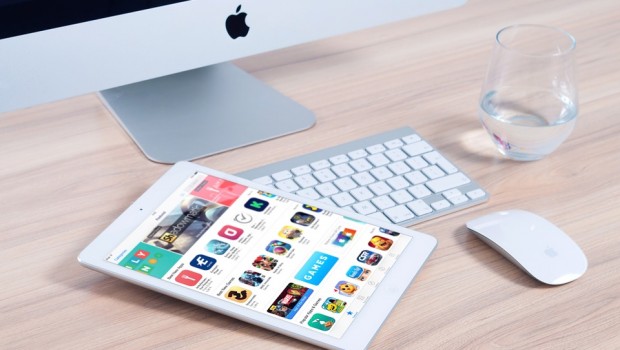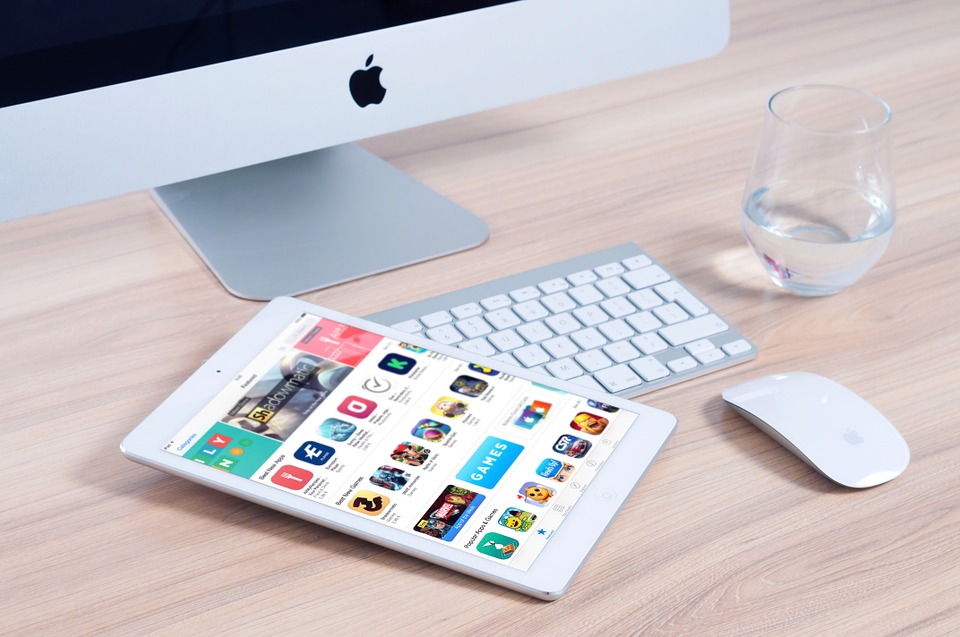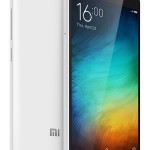Cable vs Mobile Broadband
With the majority of businesses and activities shifting to the online platform, the demand for internet connectivity keeps on rising. Almost every home has a form of internet connectivity to access an online resource, be it social media, or shopping online. You can connect to the internet in two ways: through a mobile broadband that you can move with it anywhere, or through a fixed line or cable which is connected to your home.
Mode of Connectivity
With a mobile broadband, you use a SIM card to connect to a mobile network. Mobile broadband is available in 3G or 4G, which tends to be more reliable and faster. There are several ways through which you can connect to a mobile broadband. These include a portable Wi-Fi hotspot, a dongle, and a SIM card inserted into a laptop or tablet or by even tethering from your smartphone.
On the other hand, cable or fiber broadband is internet connection to your home through cables or a fixed line. It is available as a fiber optic or ADSL. It is then connected to a router that is used to distribute the signal to several devices at home through an Ethernet cable or Wi-Fi.
Advantages of mobile broadband
- It is portable. You can move with your Wi-Fi hotspot, dongle, or phone anywhere. Whether you are moving home, travelling, or just hanging out, you can always continue with your work.
- They are more flexible. There are several packages to choose from with mobile broadband. Some include monthly contracts, daily packages, and pay-as-you-go. It also provides a great way of internet connection in areas that are difficult to reach through fixed lines.
- Offer higher 4G speeds than those, which are available through fixed lines. In some areas of the UK, average download speeds via mobile broadband is 15mbs compared to 2mbs from fixed lines.
Cons
- Some mobile providers have usage caps that slow down speeds. This requires additional costs when you exceed them.
- Not uniform. Most networks cover around 50% to 70% of the population.
Advantages of cable network
- It is more reliable than mobile broadband. It is better suited for online games and video calls since it has a low lag.
- It is much cheaper than most packages offered through the mobile platforms. The download limits are high with some providers even offering unlimited downloads at a fixed cost.
- In areas where there are fiber optic connections, fixed broadband has higher speeds than 4G connectivity.
Cons
- Can only be used at home
- Its coverage is mostly concentrated in urban areas and cities. People living in rural areas have to seek alternative means of accessing internet.
- Most of their packages are annual. This means that you pay for the package for the whole year; therefore, if you move houses, then chances are high that you might forfeit your subscription.
Future Prospects
Both sets of internet connectivity will remain reliable going into the future. Phone users will require mobile broadband that does not limit their movements. Heavy internet users will continue using the cable since it can support a higher number of users simultaneously. Some broadband providers in Ireland (like eir) are rolling out extreme speeds to attract more customers.
Conclusion
If you are a light user, and someone who is always on the move, then mobile broadband might be the best option for you. However, if you are a heavy internet user and you live near a city or area with fixed cable or fiber network, then fixed broadband is the preferred option.
Check Internet Live Stats to see history of internet usage, you might get surprised.
About the author:

Kerry Blake – MS Office expert, IT lecturer and trainer with over eight years of experience. You can find him contributing on several technology sites, also, don`t be surprised if you find his name written under automotive articles.









![The Impact Of Social Media On Sports [Infographic]](https://technofaq.org/wp-content/uploads/2018/06/Infographic-increasing-sport-socialmedia-150x150.png)
![Fast Growing Industries and Top Skills for Each [infographic]](https://technofaq.org/wp-content/uploads/2018/05/industries_and_skills-150x150.png)






Pingback: How to remotely access your computer the fast and secure way | Techno FAQ